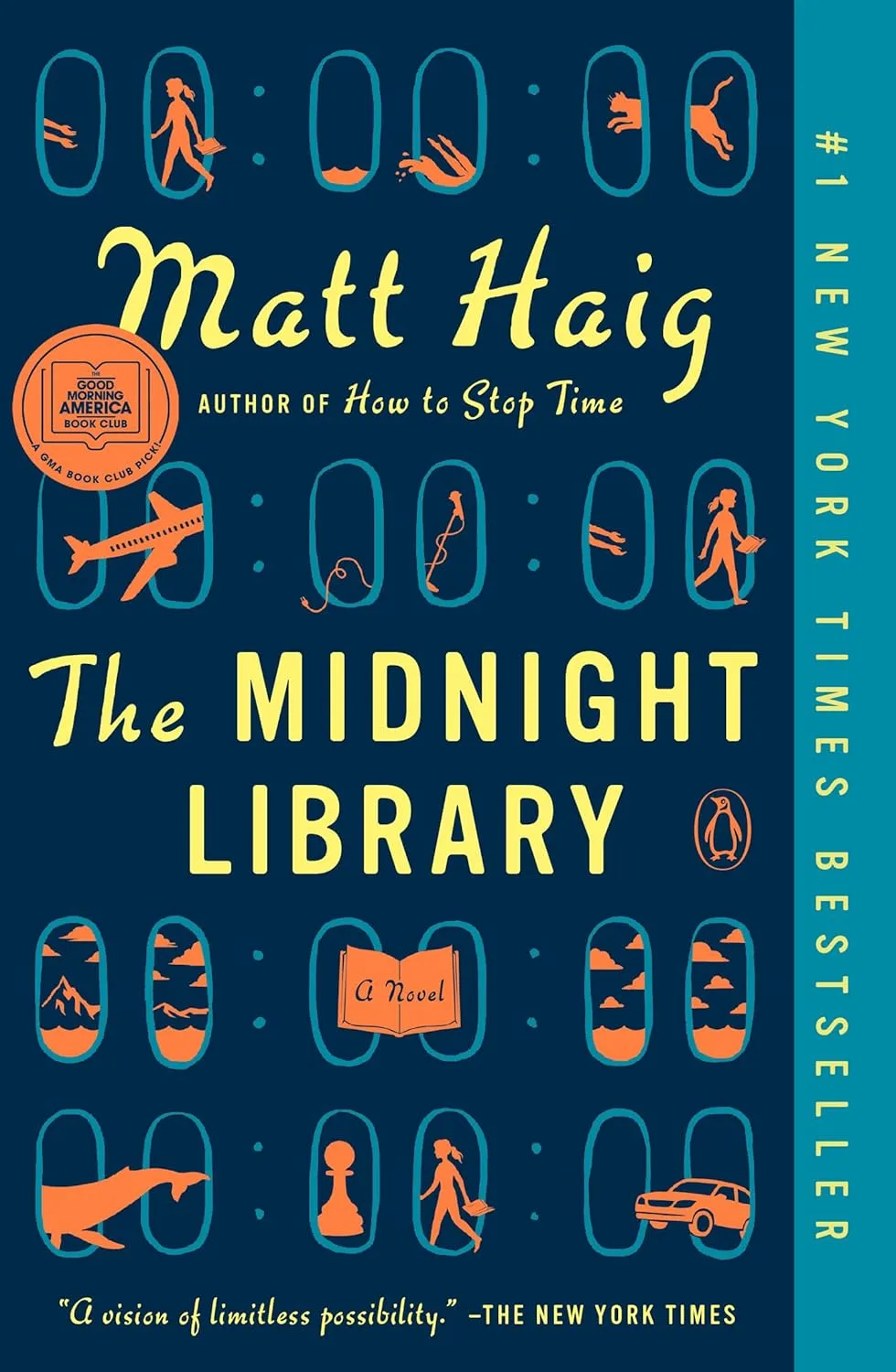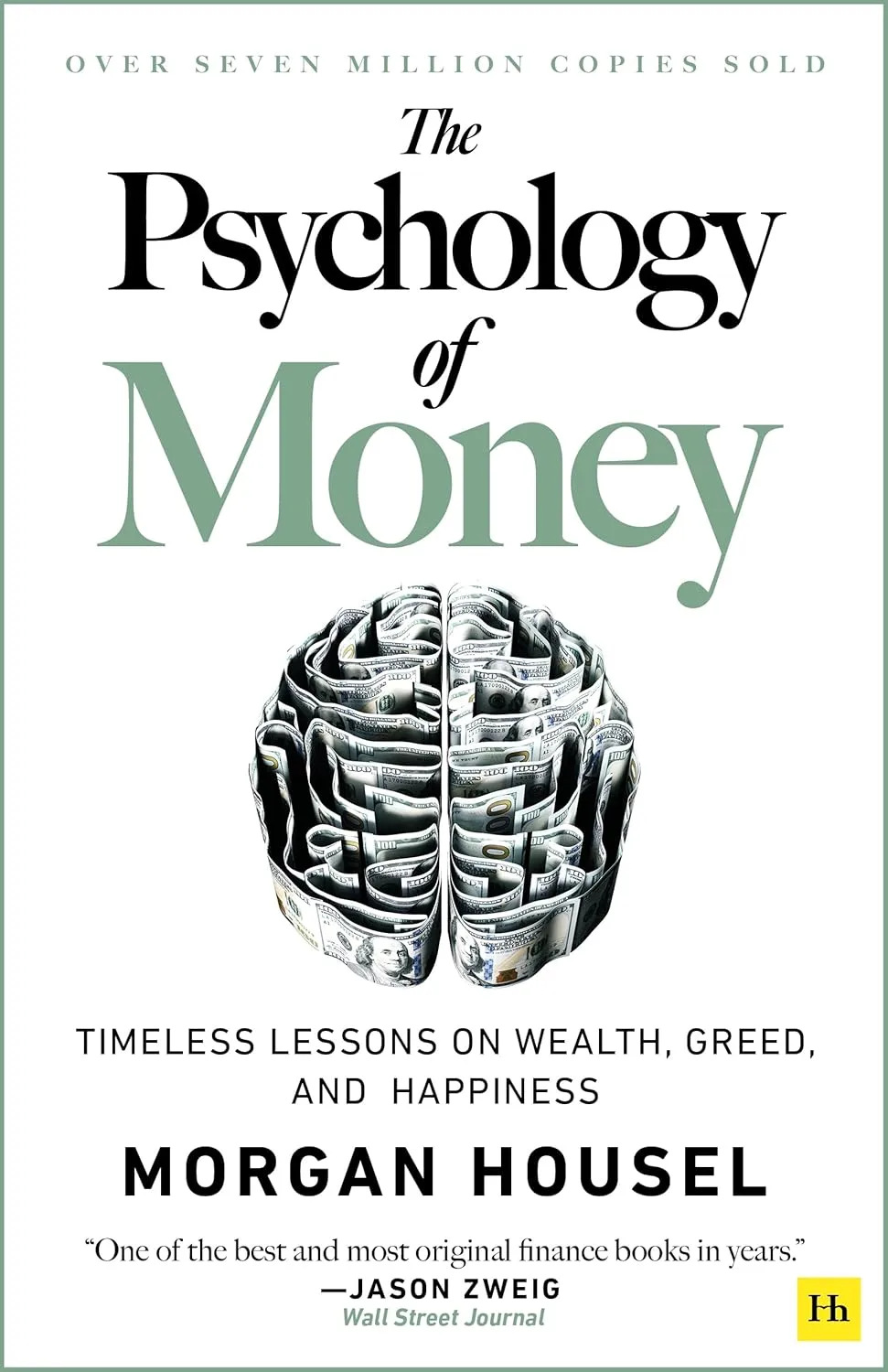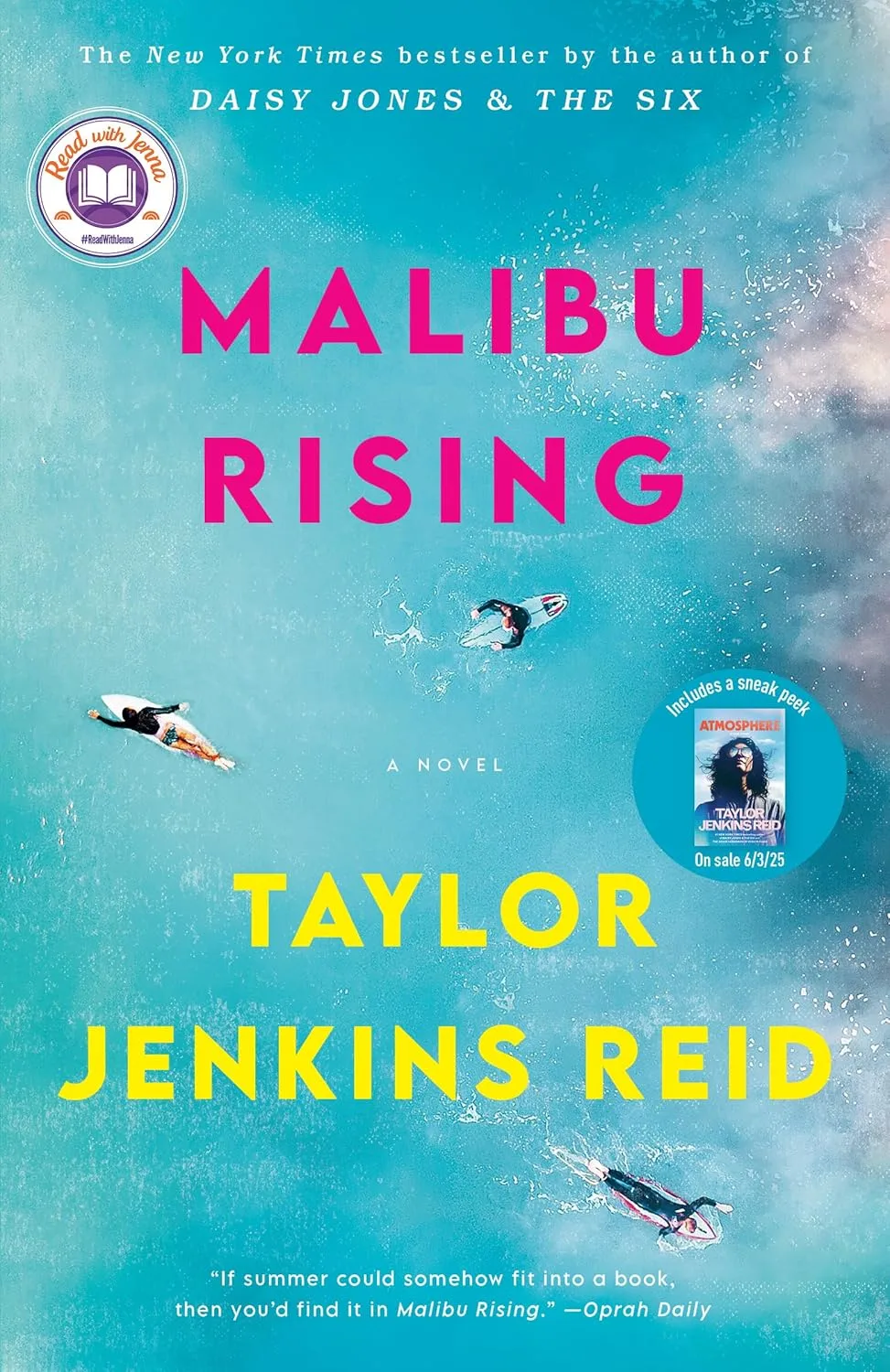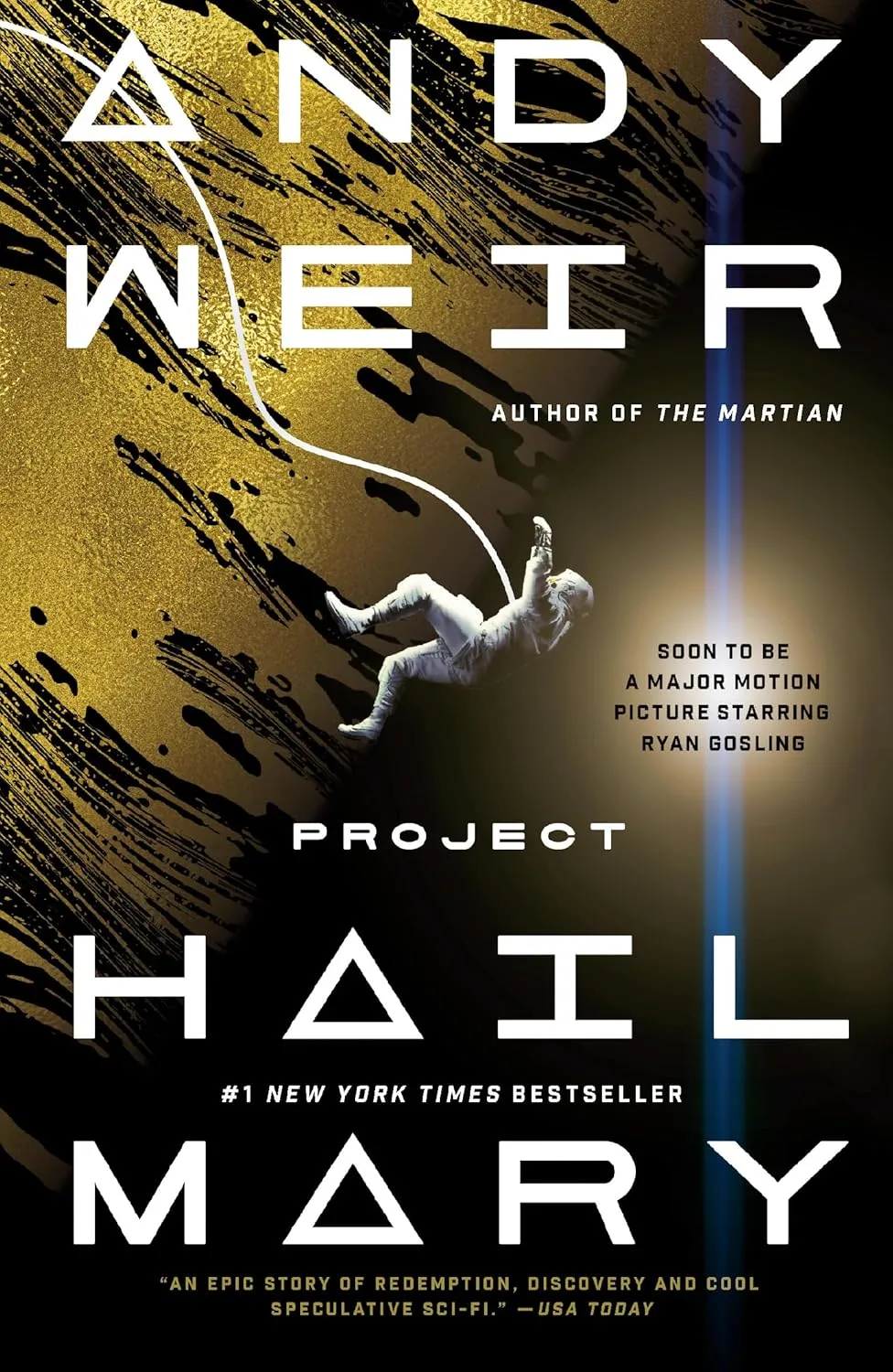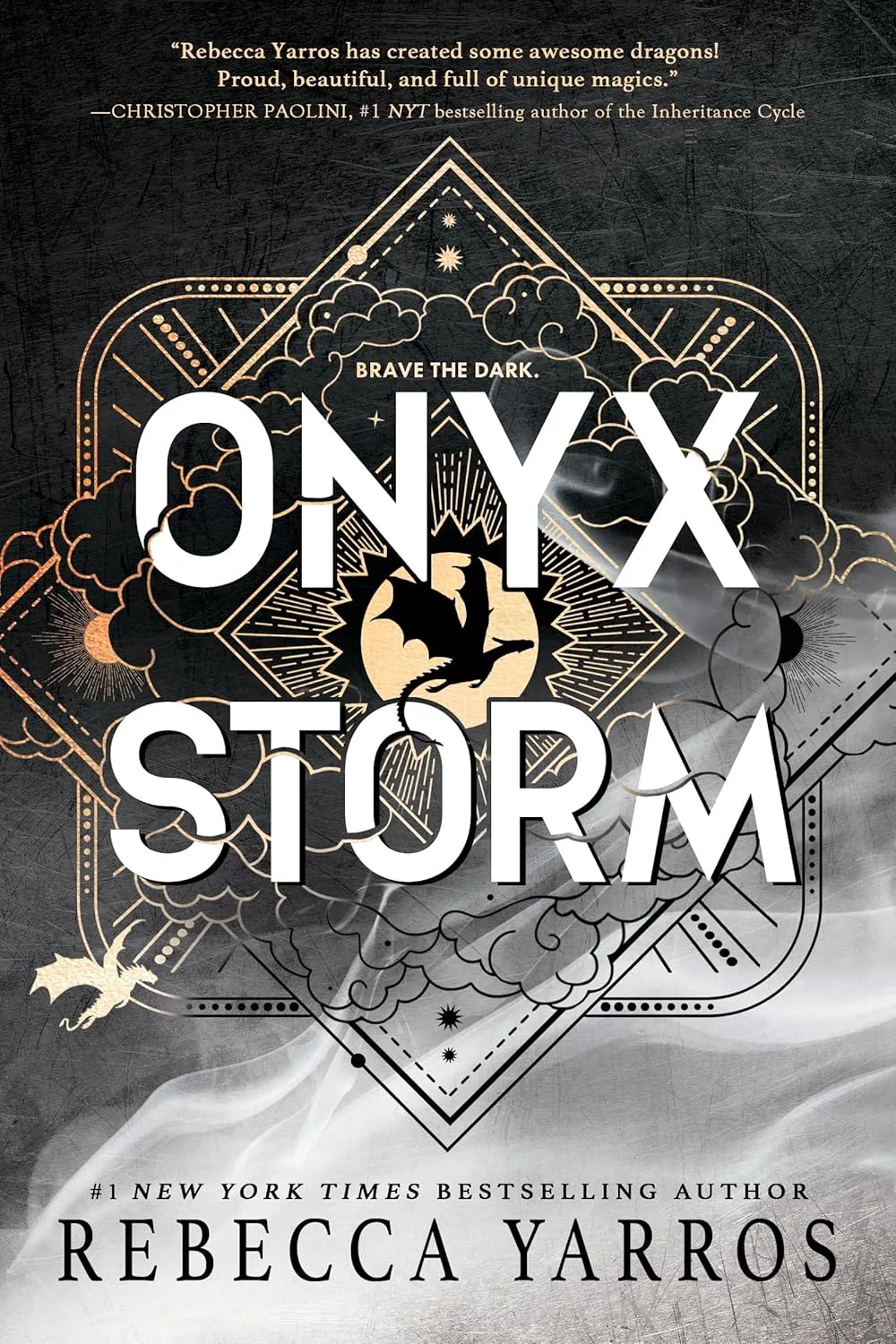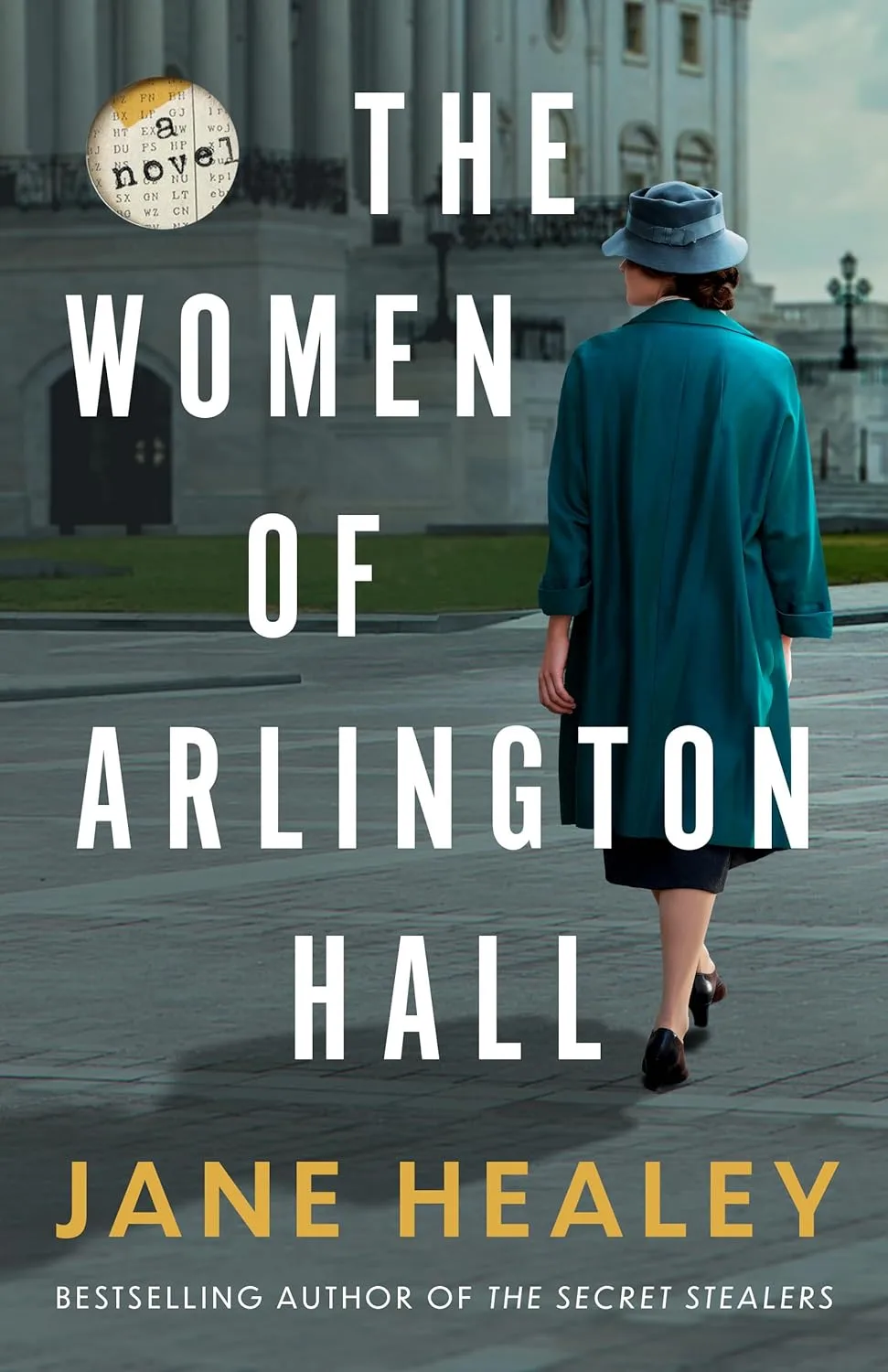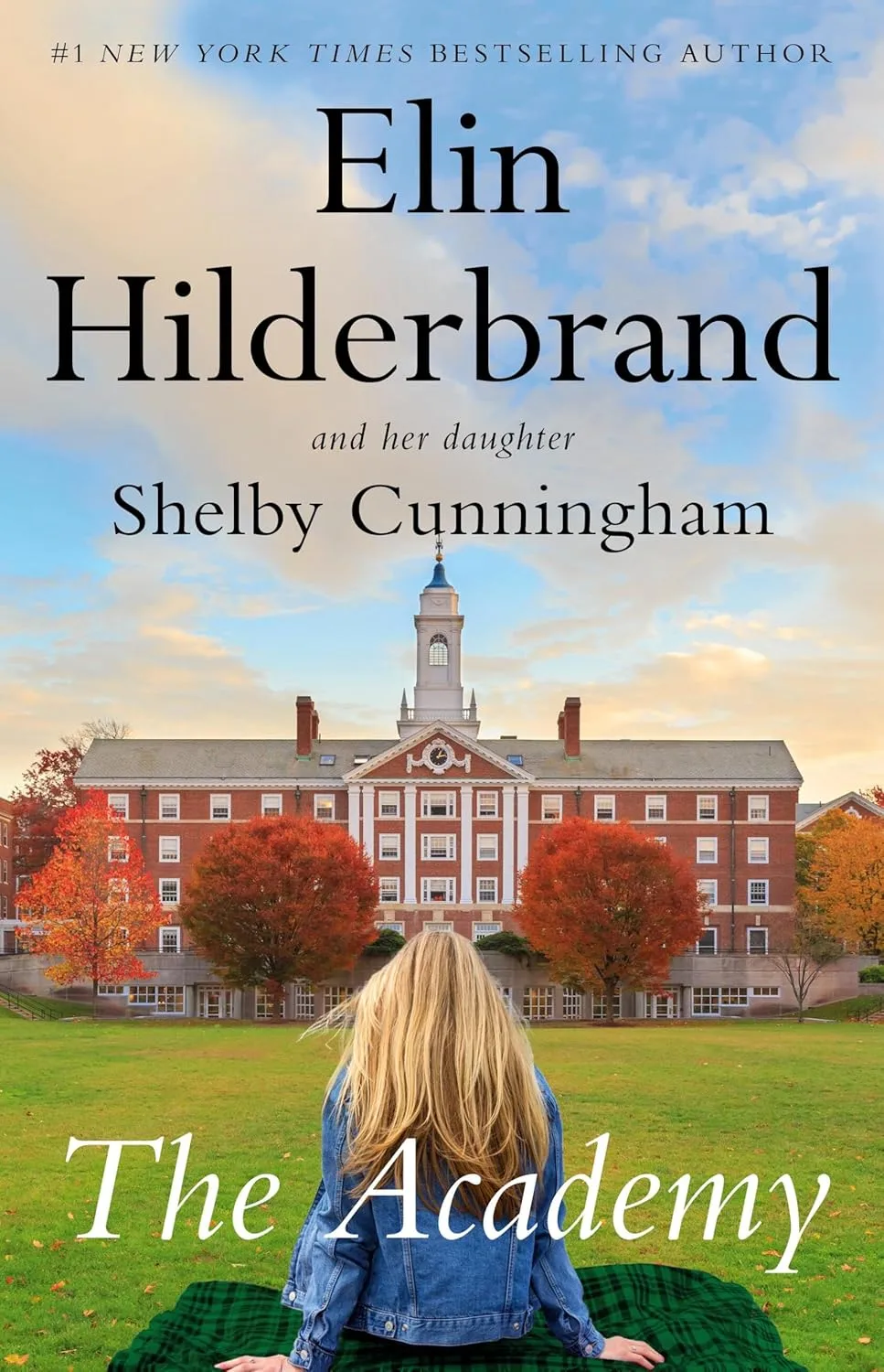📘 Book Summary
The Midnight Library by Matt Haig is a philosophical fiction novel that explores the infinite possibilities of life through the lens of regret, mental health, and self-discovery. The story follows Nora Seed, a woman disillusioned with her life, who finds herself in a mystical library between life and death. Each book on its shelves represents a life she could have lived had she made different choices.
As Nora navigates through alternate versions of her life—from rock star to glaciologist—she learns that no life is perfect and that even the smallest moments can hold immense meaning. The novel invites readers to reconsider their regrets and embrace the life they have, imperfections and all.
🔑 Key Takeaways
- Every Life Has Value – There is no perfect life; all paths have joy and sorrow
- Small Actions Matter – Kindness and small choices can ripple in unexpected ways
- Regret vs. Acceptance – Obsessing over “what-ifs” leads to paralysis; acceptance empowers growth
- The Power of Perspective – Perception shapes how we experience life
- Mental Health Awareness – Depression and suicidal thoughts are real but treatable
- Present Moment Living – Now is the only moment we truly have
- Self-Compassion – Being kind to ourselves is a transformative act
📚 Overview
The Midnight Library is a compelling blend of fantasy and philosophy that centers around Nora Seed, a 35-year-old woman who feels like her life has no meaning. After deciding to end her life, she awakens in a metaphysical library—a place between life and death—guided by Mrs. Elm, her former school librarian.
Each book in the Midnight Library offers Nora a glimpse into a parallel life she might have lived. With every turn of a page, Nora revisits the decisions she once regretted, learning that every life comes with its own set of challenges—and that happiness often lies in embracing the present.
- Genre: Literary Fiction, Fantasy, Philosophical Fiction
- Publication Date: August 13, 2020
- Pages: 288
- Publisher: Canongate Books (UK), Viking (US)
- Series: Standalone novel
- Awards: Goodreads Choice Award for Best Fiction 2020
✍️ About the Author
Matt Haig is a bestselling British author celebrated for his novels, memoirs, and children’s books. His work often centers on mental health, informed by his personal experiences with depression and anxiety. His memoir Reasons to Stay Alive became an international bestseller and is frequently recommended for those seeking comfort and understanding around mental health.
Haig’s fiction—including The Humans, How to Stop Time, and The Midnight Library—blends humor, philosophy, and emotional resonance to explore what it means to be alive. His writing makes deep, complex topics feel accessible and emotionally impactful, making him a standout voice in contemporary literature.
🌟 Reception and Impact
The Midnight Library received widespread acclaim and commercial success:
- Over 10 million copies sold
- #1 Sunday Times and New York Times Bestseller
- Winner of the Goodreads Choice Award for Best Fiction (2020)
- Chosen as a Good Morning America Book Club Pick
The book was praised for being uplifting, approachable, and reflective, with starred reviews from Booklist and BookPage. It was named a bestseller by The New York Times, The Boston Globe, and The Washington Post.
While NPR provided a more critical review, many readers found it “charming, accessible, and emotionally resonant,” especially those looking for thoughtful fiction that tackles mental health in a hopeful light.
🌍 Plot and World-Building
The novel’s central setting is the Midnight Library, a mystical space between life and death where each book contains a version of a life Nora could have lived. Overseen by Mrs. Elm, the library is both literal and metaphorical—a place where infinite realities are explored and the meaning of life is questioned.
The story shifts between this dreamlike space and the many realistic alternate lives Nora steps into:
- A glaciologist in the Arctic
- A rock star
- A wife and mother
- A philosophy professor
Each life presents joys and sacrifices, forcing Nora to confront the complexity of regret and choice.
🎭 Main Storyline
At 35, Nora Seed feels she has failed at life—she’s lost her job, estranged from her brother, abandoned her dreams, and is consumed by guilt and regret. Convinced the world would be better without her, Nora attempts suicide.
But instead of dying, she wakes up in the Midnight Library, where she meets her childhood librarian, Mrs. Elm. She is told that she is in a space between life and death, and she now has the chance to explore different versions of her life—ones in which she made different choices.
As Nora tries on various lives, she finds that none of them are perfect. Even lives that seem ideal on the surface carry hidden pains. Eventually, she realizes that the flaws in her “original” life don’t make it worthless. Instead, they make it real and uniquely hers.
She chooses to return to her life, embracing its imperfections and the possibility of change with newfound courage and appreciation.
👑 Key Characters and Themes
Main Characters
- Nora Seed – A 35-year-old woman struggling with depression and disillusionment
- Mrs. Elm – Nora’s childhood librarian and guide in the Midnight Library
- Joe Seed – Nora’s estranged brother
- Izzy – Nora’s best friend, now living in Australia
- Alternate Noras – Reflections of who Nora could have become under different circumstances
Major Themes
- Regret and What-Ifs – Examining how alternate choices shape life paths
- Mental Health and Suicide – Sensitive portrayal of depression, ideation, and recovery
- Choice and Consequence – Every gain comes with loss; every decision has weight
- Self-Worth and Purpose – Discovering value in everyday, imperfect existence
- Time and Infinite Possibilities – Philosophical musing on existence and multiverses
- Forgiveness – Learning to forgive oneself and others
- Connection – The role of love and relationships in finding meaning
🧠 Who Should Read This?
Ideal for readers who:
- Enjoy philosophical fiction with fantasy elements
- Are interested in mental health narratives
- Appreciate stories that explore second chances and personal transformation
- Want accessible reflections on existence, regret, and self-worth
- Loved books like The Alchemist or Anxious People
- Are fans of Matt Haig’s work, especially Reasons to Stay Alive
Trigger Warnings: Depression, suicide, existential themes, death/loss
Recommended Age: 16+ (due to mature emotional and psychological content)
💬 Best Quote
“Between life and death there is a library, and within that library, the shelves go on forever. Every book provides a chance to try another life you could have lived… Would you have done anything different, if you had the chance to undo your regrets?”
📚 Final Thoughts
The Midnight Library is a moving meditation on life, regret, and the beauty of imperfection. Through Nora’s journey, Matt Haig encourages readers to rethink their own lives—not by chasing perfection, but by embracing the moments, relationships, and choices that make life meaningful.
The novel strikes a rare balance between accessibility and philosophical depth. It’s both entertaining and quietly profound, offering comfort to those grappling with regret or searching for hope. Its message is clear: you are never too late, too broken, or too lost to choose life again.
👉 Read This If You…
- Have ever wondered “what if?”
- Want to feel uplifted while reading about real emotional struggles
- Appreciate magical realism and speculative fiction
- Are looking for a novel that addresses depression and self-worth
- Enjoy narratives that feel like gentle therapy
- Believe in second chances and emotional healing
❓ FAQ
Q: Is this book too depressing?
A: It begins with serious topics but becomes hopeful and affirming. It’s ultimately about recovery and self-acceptance.
Q: Do I need to believe in parallel universes to enjoy it?
A: No. The fantastical setting is metaphorical and used to explore emotional truths.
Q: Is it preachy or overly philosophical?
A: Most readers find the tone warm, accessible, and non-preachy. Philosophy is woven naturally into the story.
Q: Is the mental health portrayal realistic?
A: Yes. Haig draws from personal experience, making the depiction authentic and sensitive.
Q: Is there a happy ending?
A: Yes. While the book includes painful moments, it ends with Nora choosing life and embracing its potential.

